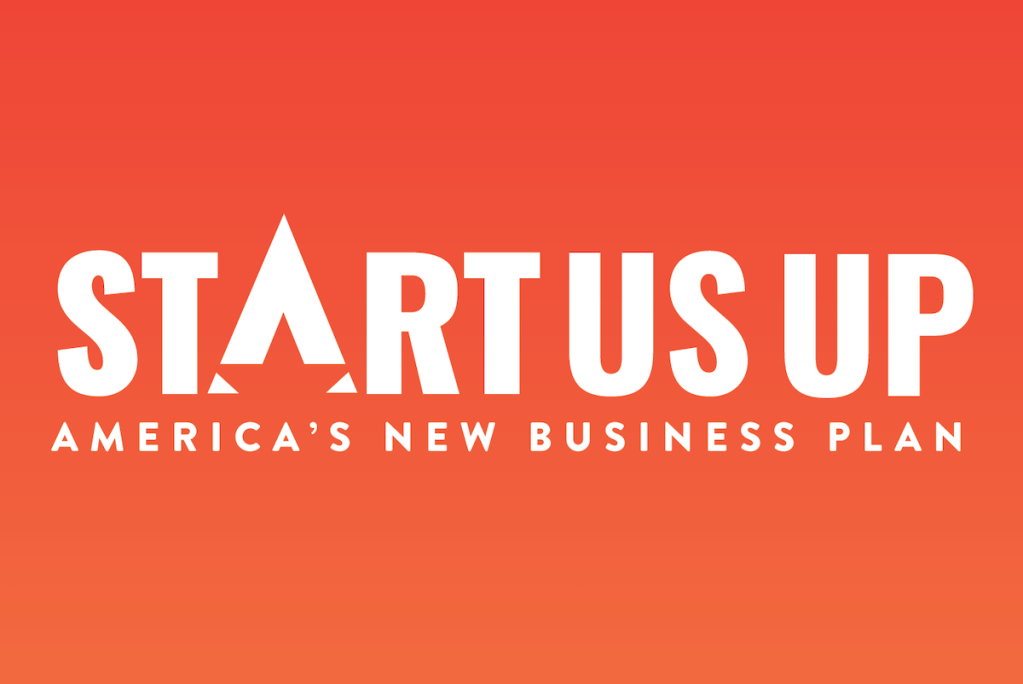Education is a fundamental component of entrepreneurial ecosystems. Not only is strengthening education critical to leveling the playing field for people of diverse backgrounds, but it can also unlock the entrepreneurial potential of the next generation.
Policymakers can ensure the pool of entrepreneurial talent remains strong by investing in relevant education while also strengthening opportunities for students in school districts across America.
Real World Learning
This week, coalition manager Jason Wiens spoke alongside the Kauffman Foundation’s Miles Sandler about Kansas City’s Real World Learning initiative, a collaborative aligned with the education recommendation in America’s New Business Plan. The initiative centers real world learning experiences — internships, client-connected projects, dual credit, regionally vetted industry-recognized credentials, and entrepreneurial experiences — to set students up for successful careers either as employees or employers.
Rice University’s new clean energy accelerator announces inaugural cohort
The Rice Alliance for Technology and Entrepreneurship announced last September its Clean Energy Accelerator — cementing the university’s role in the local clean energy innovation ecosystem. This week, the Accelerator announced it had selected 12 early-stage clean energy startups who will be connected with strategic partners and mentors, launch pilots, and fundraisers to help them grow their business. The venture shows the potential for innovation hubs, like universities, to not only incubate startup talent, but to help shape policy tracks — like climate — in the process.
Ready For Better: Why Parents Want Bold Change in K-12 Education
Marc Sternberg, K-12 Education Program Director of the Walton Family Foundation, released a nationwide poll last month to understand parent perspectives around education, based on pandemic experiences. Among the findings: the importance of imparting career skills. “They are also rethinking traditional high school-to-college pipelines and want more financial support for work-based learning and apprenticeship programs.”

